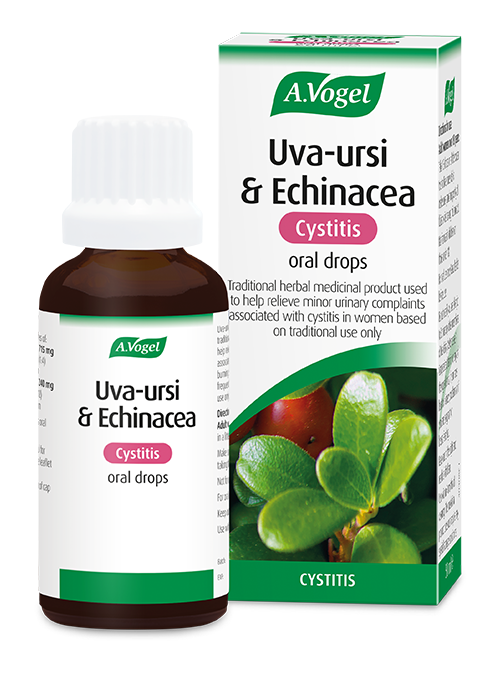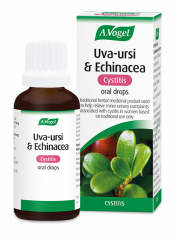An introduction to a burning sensation when peeing
A very common symptom of cystitis is a burning sensation when peeing. Initially, this can be a small twinge at the end of urination, but can quickly develop into intense pain, burning, itching or stinging when passing urine.
This symptom can make people very reluctant to go to the toilet, but holding in urine can prolong the infection. Many people also find that the more urine they are passing at a time, the more it burns, so emptying the bladder frequently, even if it is a small amount, can be beneficial.
Why does cystitis make my pee burn?
Cystitis is a bacterial infection of the bladder. The infection can cause the urine in the bladder to become more acidic, and this can result in the burning or stinging sensation when peeing.
The longer that urine is left to stagnate in the bladder, the more the bacteria can breed. This can cause the urine to increase in acidity, again, making it even more painful to pass.
Self-help, lifestyle and diet for burning pee
Drink plenty of water. Although this will mean that you will need to go to the toilet more often, water will help to dilute your urine. If it is less concentrated, it will not burn as much when being passed. Additionally, try to go to the toilet as often as you feel the urge. Leaving urine to stagnate in the bladder is an excellent way to encourage bacteria to multiply, worsening the infection and accompanying symptoms.
Ensuring good hygiene, particularly around your urinary tract, is also important for this symptom. Keep the area clean to prevent the spread of bacteria. However, be careful only to use natural, unperfumed soaps, as using harsh chemicals can result in further irritation. Additionally, they can also strip the area of essential bacteria which are important for fighting off the infection.
Some people find that certain types of food or drink can help to neutralise the urine so that it doesn’t sting as much. The most common remedy in this regard is bicarbonate of soda dissolved in water. While this can be effective, be careful not to drink too much of it, as it is very salty and can upset your stomach. Don’t have more than a teaspoonful of bicarbonate of soda dissolved in half a pint (300ml) of water twice a day.
Make sure that you avoid alcohol, caffeine and sugary drinks which can irritate the bladder, as these can make the symptoms feel worse. For some more advice on diet and cystitis, read my blog post on the topic.
Are there herbal remedies to help me?
The most effective herbal remedies for cystitis are those which focus on treating the underlying cause rather than the symptom itself. For this reason, Uva-ursi is often recommended as a herbal remedy for bladder infections. This is because the herb disinfects the bladder, helping to kill and remove the bacteria causing the infection.
Cranberry also has a long history of traditional use in helping with bladder conditions. It prevents bacteria from sticking to the bladder wall, so that infection cannot take hold. For this reason, this remedy is also often used in the prevention of cystitis, such as with A.Vogel Cranberry Complex.
Read our blog for more on what the research says when it comes to Cranberry Juice for cystitis.
Cranberry also can be taken alongside Uva-ursi.
Uva-ursi & Echinacea Cystitis Oral Drops. Cystitis Treatment for Women
£12.99 (50ml) Get it tomorrow, 3rd July.
What about conventional medicines?
Conventional medicines can be used to relieve symptoms of pain or burning when passing urine. Often a doctor would recommend treating the symptoms at home or with over-the-counter medicines. For example, you can try painkillers, such as paracetamol or ibuprofen.
If symptoms of burning persist for more than 4 days, then it is important to go to your doctor. This is an indication that your body is struggling to fight off the infection, and you will probably need antibiotics to clear the cystitis.










